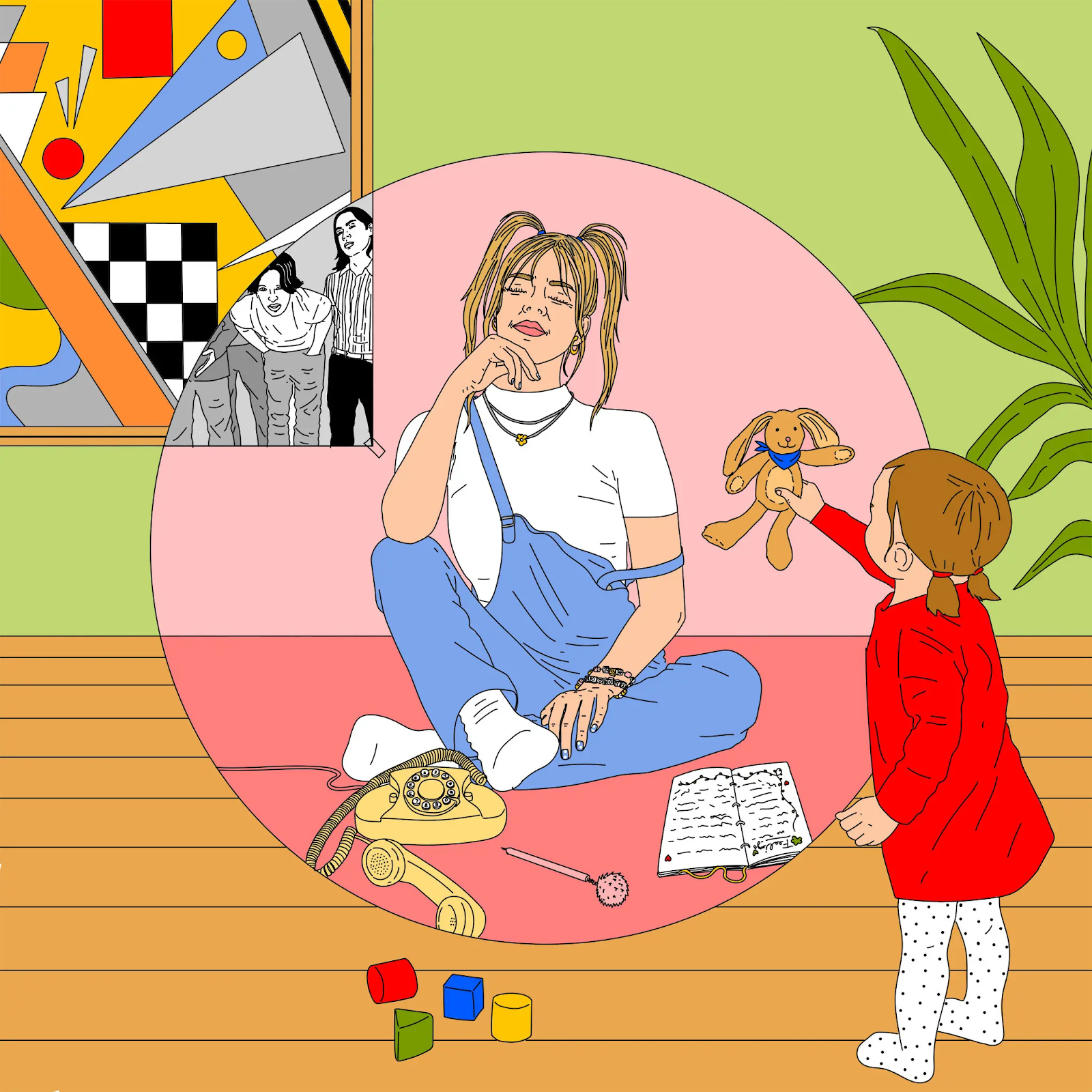Taj Week 10: Music and Spreading a Movement
Music and Spreading a Movement
When was the last time you went on a run or worked out? How many of these times were you listening to music? most of the time right? Music has a profound impact on its listeners. As David Goggins famously says “Music is cheating.”
Music has been a powerful tool to help influence and motivate ourselves for causes—whether it be physical or mental but also a movement as a whole. Especially protest songs.
I am sure everyone is familiar with the Black Lives Matter movement which began in 2013 and gained large tailwinds in 2014 and the years after. These years were plagued by the appalling deaths of “Trayon Martin, Michael Brown, Eric Garner, and Rekia Boyd” and sadly followed by multiple more African Americans (Source). Following these deaths were large uproars from the American community which morphed the Black Lives Matter movement.
 |
| Source |
One such tool used was music. Hip-hop artists and rapper J. Cole released a single following the death of Michael Brown, an African American teenager. Brown was “shot and killed” by a “white police officer” who subsequently “disrespected” the lifeless body (Source). His death was one of many, sadly, which ignited the movement—specifically the slogan “hands up, don’t shoot.” Cole’s song, “Be Free,” he builds on endemic and rooted racism which has oppressed his community since they arrived in America as slaves with one simple phrase: “All we wan’ do is be free” (Source). The song was a success. It was able to effectively capture the pain and frustration of protesters who would chant the lyrics during marches. The song is considered one of the many unofficial anthems of the Black Lives Matter movement.
Cole’s song was able to convey hundreds of years of systemic racism the African American community has endured. Not only did it console its followers but also onboarded many more who were inspired by the message. That is the power of music.


Hi Taj,
ReplyDeleteI loved how you started your blog with rhetorical questions to truly engage the readers into the message you were trying to convey throughout the text. I enjoyed your take on how Music has power over our lives and how it can be used to better our society. Although the idea of using music to spread awareness has always been apparent to me, throgh your post and specific evaluation on music and its true pwoerful capabilities was I able to fully comprehend and grasp the meaning and severity of its power. I perosnally incorporate music into 99% of all daily activities, and its infleunce and impact on me is underestimated and overlooked, which is the main idea of your blog. I admire your consistent passion for J. Cole's music especially in the ways it has been "able to convey hundred of years of systemic racism the African American community has endured."
Hi Taj! Your reflection on the impact of music, particularly in movements like Black Lives Matter, is touching and insightful. By highlighting J. Cole's song "Be Free" as an example, you effectively convey how music can serve as a powerful medium for expressing the pain and frustration of marginalized communities. The lyrics, "All we wan’ do is be free," encapsulate the enduring struggle against systemic racism, resonating with listeners and rallying them to demand justice and equality. Moreover, your recognition of music's role as an unofficial anthem for the Black Lives Matter movement highlights its ability to galvanize individuals and foster a sense of solidarity. Beyond merely providing solace, music has the capacity to inspire action and mobilize communities towards meaningful change. Your exploration of this dynamic relationship between music and activism adds depth to the discourse surrounding social movements and serves as a reminder of the transformative power of art in challenging injustice and amplifying marginalized voices.
ReplyDeleteI love listening to this music that has a hidden compelling meaning to it, my personal favorite song being "Strawberry Blond" by the artist Mitski. After reading this blog, I've gotten some new kind of knowledge on the Black Lives Matter movement, not being fully aware of the impact this movement had before the George Floyd murder in 2020, as embarrassing as that sounds. I have, however, always found it interesting that many people resort to music as a way to bring awareness to these movements and real-world issues, (flashbacks to "March March"!) putting their heart and soul into the instrumentals and lyrics. I'd genuinely like to see an analysis on some of these lyrics in "Be Free" and further become more knowledgeable on how this song affected active people in the Black Lives Matter movement.
ReplyDeleteI especially like your use of combining the words of other people into your blogs, as if you allow other voices to be presented into your writing. By seeing a short snippet of J. Cole's songwriting, I, in a way, can now know how J. Cole expresses his feelings into song. As I have mentioned before, I am curious and wouldn't mind seeing an analysis on this song and the important connections it has to the Black Lives Matter movement, I appreciate the fact that I got to know more information on an event that I thought I was somewhat fully aware of.